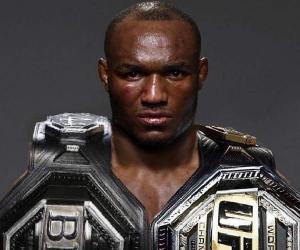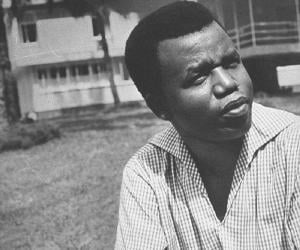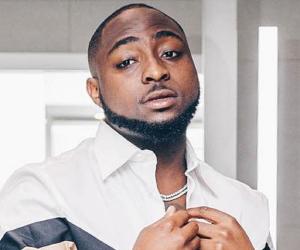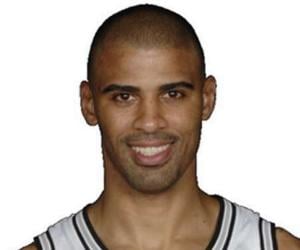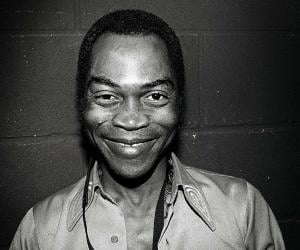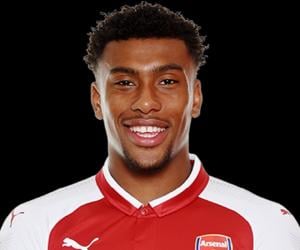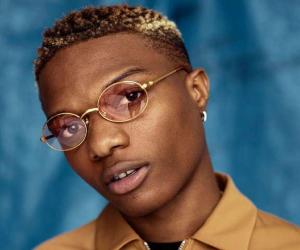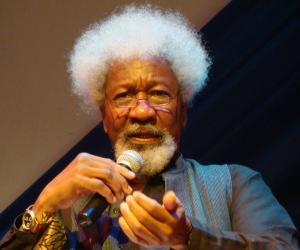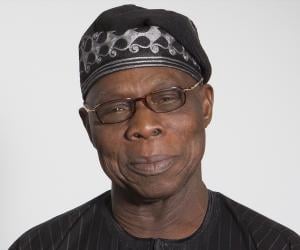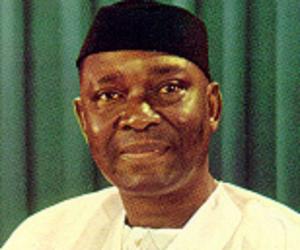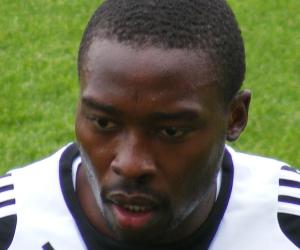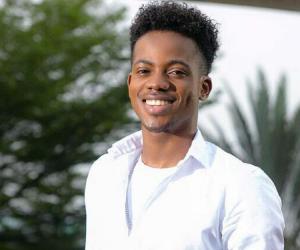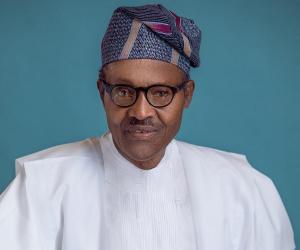Chinua Achebe was a Nigerian poet, novelist, professor, and critic. Often described as Africa's greatest storyteller, Achebe is widely regarded as the father of modern African writing. He was the recipient of several awards and honors, including the Man Booker International Prize 2007. His novel Things Fall Apart is one of the most read books in Africa.
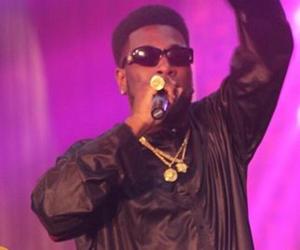
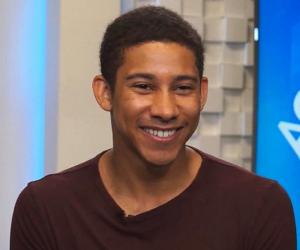
Australian actor, dancer and singer-songwriter Keiynan Lonsdale is best-known for playing Wally West/Kid Flash in The CW series The Flash and Legends of Tomorrow. Other on-screen portrayals of Lonsdale includes Oliver Lloyd in the series Dance Academy and Uriah Pedrad in film The Divergent Series: Insurgent. He has also released the studio-album Rainbow Boy and worked as an MTV VJ.
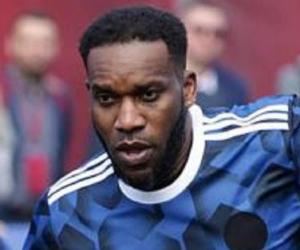
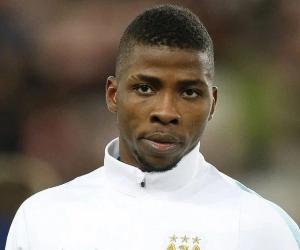
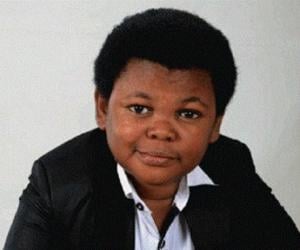
Nigerian singer Wizkid soared to fame with chart-busting tracks such as Holla at Your Boy. A performer who has revolutionized the Afrobeats genre, Wizkid supported Nigeria’s End SARS protests against police brutality, on social media. In 2011, he was part of a paternity scandal but denied having fathered a child.
Wole Soyinka is a Nigerian playwright, poet, and essayist. In 1986, he became the first sub-Saharan African to be honored with the Nobel Prize in Literature. As a young man, he worked with the Royal Court Theatre in London. In Nigeria, he was actively involved in the country’s freedom struggle. He has taught at various international universities.
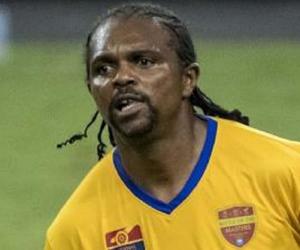
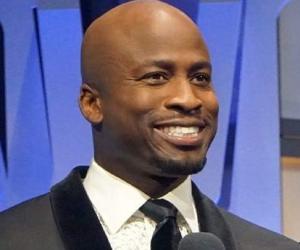
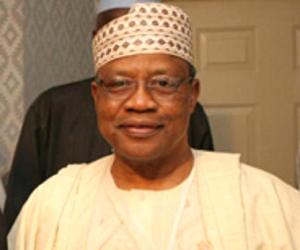
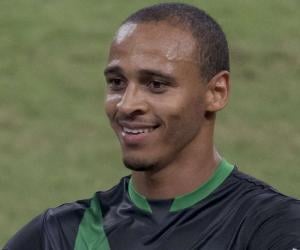
Benjamin Nnamdi Azikiwe was a Nigerian political leader and statesman. From 1963 to 1966, Azikiwe served as the first president of Nigeria. Often referred to as the Father of Nigerian Nationalism, Benjamin Nnamdi Azikiwe played an important role in Nigeria's struggle for independence. He is also credited with establishing the University of Nigeria (UNN).
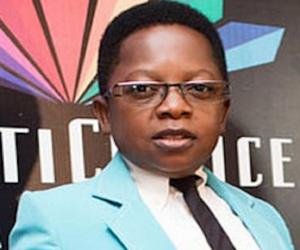
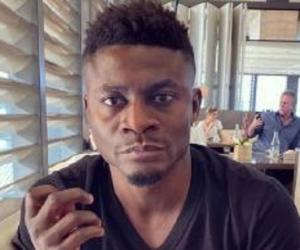

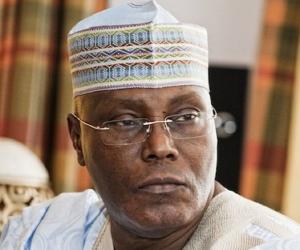
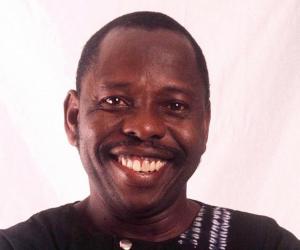
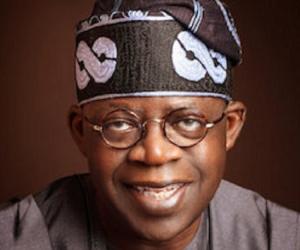
Nigerian former footballer Shola Ameobi is remembered for his long stint with English football club Newcastle United. He later also represented other clubs such as Notts County. Son of a pastor, he is quite religious and is associated with charitable organizations that work for religious freedom.
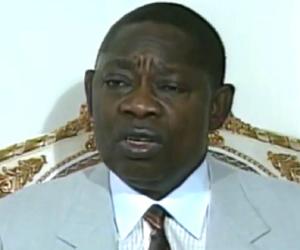
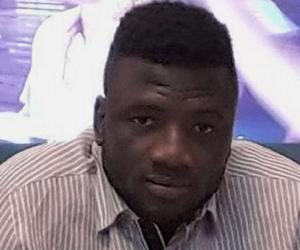
Rick Famuyiwa is a Nigerian-American filmmaker and screenwriter. Some of his best-known works include the 1999 coming-of-age film, The Wood, 2002 romantic comedy movie, Brown Sugar, and 2015 coming-of-age film, Dope. Over the years, Famuyiwa has been vocal about the issues faced by African-Americans in the film industry and works hard to resolve such issues.
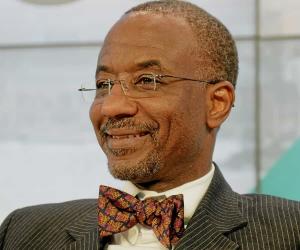
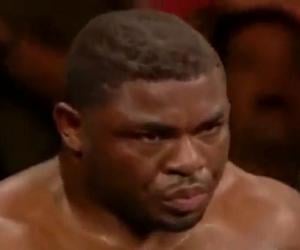
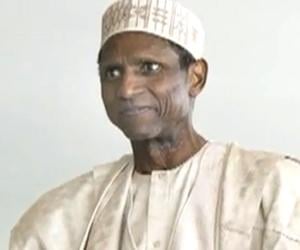
Umaru Musa Yar'Adua became President of Nigeria after winning the highly-controversial 2007 presidential election as candidate of PDP. He earlier served as Governor of Katsina. He went to Saudi Arabia in November 2009 to receive treatment for pericarditis. He was never seen in public again and although he returned to Nigeria in February 2010, he died in May that year.
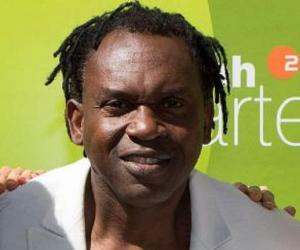
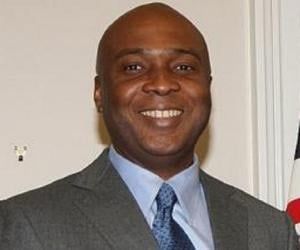
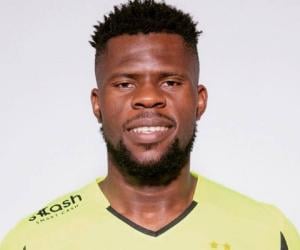
Nigerian singer Korede Bello was just 7 when he had started performing, using the pseudonym African Prince. His single Godwin later catapulted him to fame. Bello also boasts of a mass communication degree and has been associated with philanthropic activities such as cancer awareness programs.
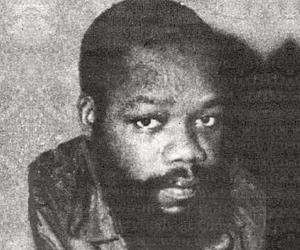
An Oxford graduate, Nigerian military leader and politician C. Odumegwu Ojukwu started his career as an administrative officer. He later reigned at the governor of the Eastern Region in Nigeria and became the 1st president of Biafra. He won many accolades, including the honorary title of the Ikemba of Nnewi.
Muhammadu Buhari is a Nigerian politician and the current president of Nigeria. Since becoming the president, Buhari has introduced many social welfare programs that address unemployment and poverty. The programs were mainly introduced to help increase economic development in the country.
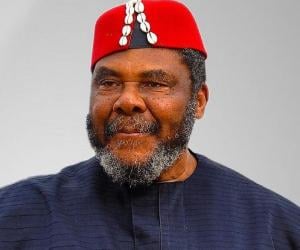
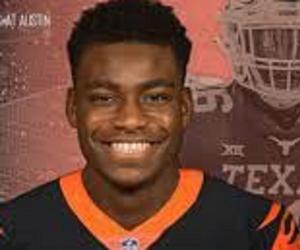
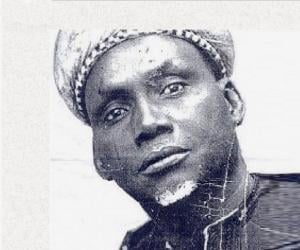
Fulani scholar, Sunni Islamic religious teacher, philosopher and revolutionary Usman Ɗan Fodio became the founder and first Sultan of Sokoto Caliphate in West Africa after defeating the Hausa Kingdoms in the Fulani War. Usman encouraged literacy and scholarship for both men and women. He is viewed as a Mujaddid by Muslims and considered the most significant reforming leader of Africa.
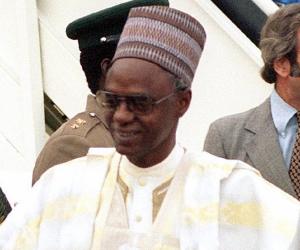
The great-grandson of a leader who founded his village, Nigerian politician Shehu Shagari served as the 6th president and the 1st democratically elected president of Nigeria. Initially a teacher, he joined politics as the secretary of the Northern People's Congress. He strengthened the economy of Nigeria and deported countless West African migrants.
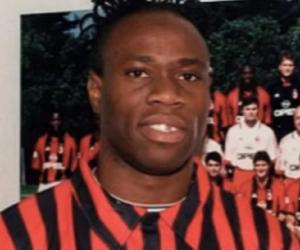
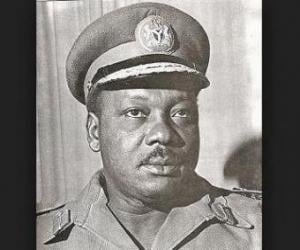
Nigerian general Johnson Aguiyi-Ironsi was named Johnny Ironside after facing an angry mob of Congolese people during the Congo Crisis and releasing hostages from Katangese rebels. He reigned as Nigeria’s 1st military head of state. He was eventually assassinated by a few Northern Nigerian officers.
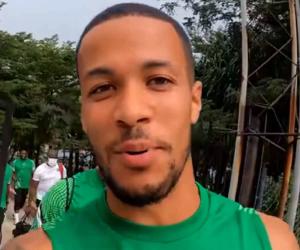
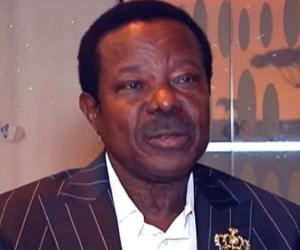
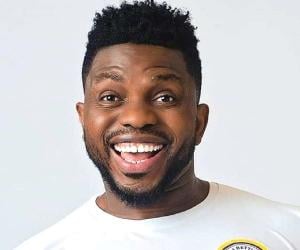
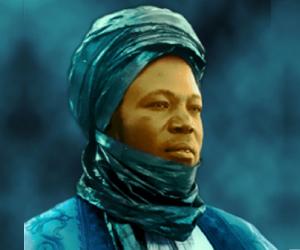
Nigerian statesman Ahmadu Bello was the only Premier of Northern Nigeria. The Sardauna of Sokoto, he was one of the main spokespersons for Northern Nigeria during the country’s struggle for independence. He is also remembered as a founding father of modern Nigeria. He was assassinated in Nigeria’s first military coup.
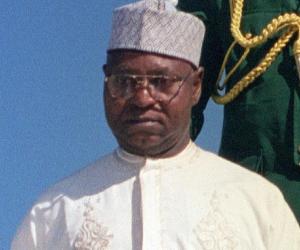
Abdulsalami Abubakar GCFR served as Chief of Defence Staff of the Nigerian Armed Forces. Following the unexpected death of General Sani Abacha, the then military head of state of Nigeria, Abubakar became the military President and Commander in Chief of the Armed Forces of the Federal Republic of Nigeria. During presidency, Abubakar established a plan that provided for multiparty elections.
